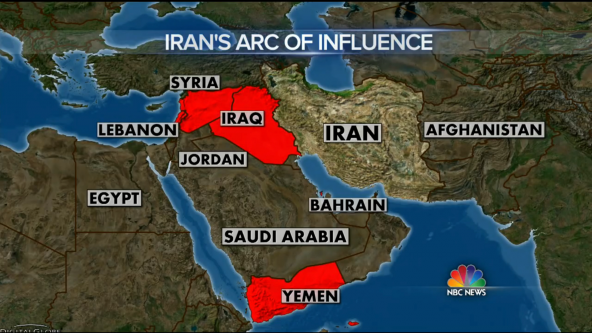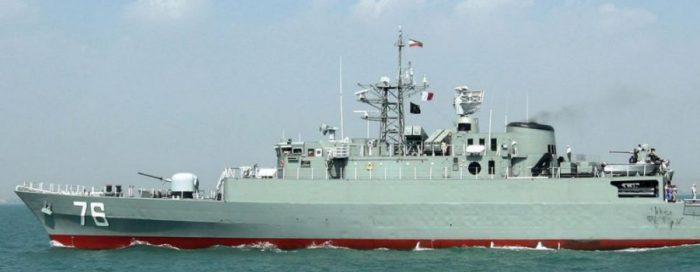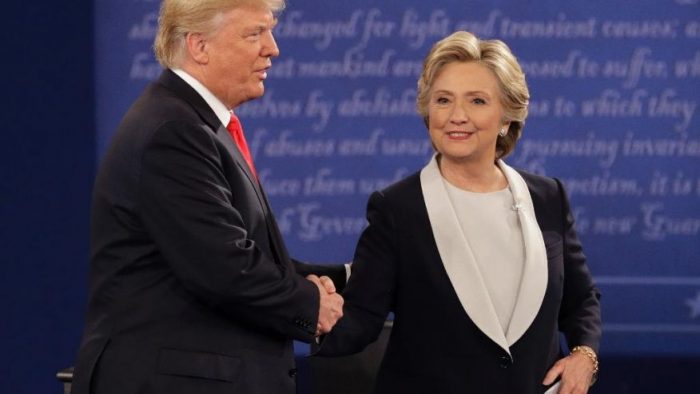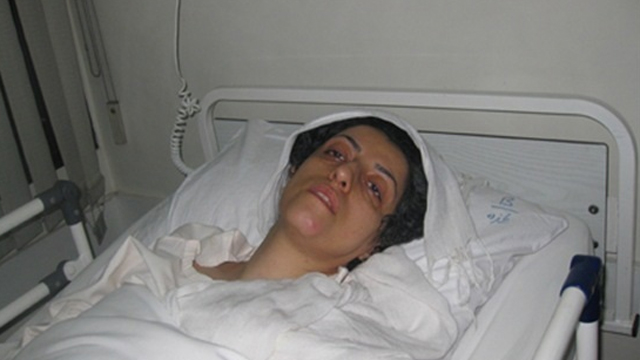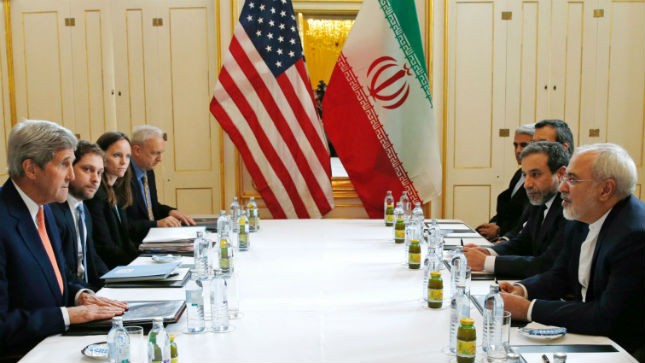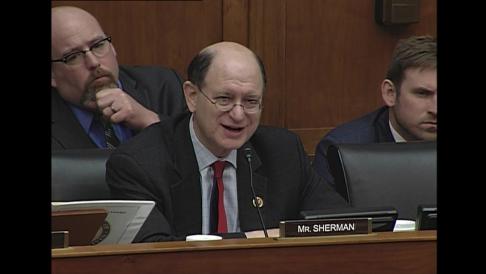Is the Iranian regime trying to conquer the world or does it simply want to carve out its own little protected niche in the world?
That seems to be the basic question confronting the rest of the world. For the Obama administration and many of the supporters of the Iranian regime, the focus was solely on the nuclear issue and ignored virtually every other aspect of the regime’s behavior that has troubled the world for the past three decades.
Dealing only with the nuclear issue is like negotiating with a serial killer to get rid of his use of handguns, but allowing him to keep his knives, flamethrowers and lock picks. Ultimately the behavior never changes and he is free and emboldened to do whatever he pleases. Such is the state we face with the Iranian regime today.
Now the world is witnessing a regime that is literally on a binge of dangerous behaviors, like someone with an eating disorder staring at a buffet table, the mullahs in Tehran are licking their lips at the banquet table being laid out before them.
A hallmark of that new militant behavior has been the arrests of dual national citizens and their subsequent sentencing to harsh prison terms without benefit of trial or even legal counsel. Three Americans were sentenced this way over the past week, with Reza “Robin” Shahini of San Diego, California receiving an absurd 18-year prison term.
“They’re bargaining people’s lives as if they’re trading Persian carpets,” said the Carnegie Endowment for International Peace. “Oftentimes, these almost comically harsh sentences are simply meant to increase the value of these prisoners in the event of any quid pro quo with the United States.”
For the mullahs, these hostages do have value. In the case of four Americans released last year with the nuclear agreement, they were worth $1.7 billion in cash.
Not a bad payday for Iran.
But what seems to be at work in the larger context of international affairs is the almost bipolar nature of how Iran is dealing with the world and vice versa.
On the one hand, the Iranian regime is taking hostages, ramping up its participation in three widening wars in Syria, Iraq and Yemen. It is smuggling arms, cash and men, which ironically end up getting used against other countries.
In Yemen, that means Iranian-purchased Chinese cruise missiles fired at US Navy warships.
In Syria, that means Iranian fighters and Afghan mercenaries and Iraqi Shiite militias being ferried in via Iranian airlines to fight against US-backed rebel forces.
In Iraq, it means Iranian-backed Shiite militias leading purges in Sunni villages liberated from ISIS and broad control over Iraq’s foreign policy with its Turkish neighbors.
- Todd Wood in the Washington Times also explains Iranian regimes avarice to secure a land corridor from the Iranian border to the Mediterranean to be able to have access to Arab lands, North Africa, and Europe in order to expand its terrorism through Iranian proxy forces and militias in Iraq and Syria.
“The operation seems to be headed by the Iranian Revolutionary Guards and their General Qassem Soleimani who has also visited Moscow multiple times in violation of United Nations sanctions. He is coordinating the actions of Iran proxy forces in Iraq and Syria,” he writes.
Iranian regime is feverishly working on these plans, while at the same time it is busy opening itself up to Western investment and partnerships commercially.
As Thomas Erdbrink writes in the New York Times, the disconnect between the two halves are actually part of a larger, carefully orchestrated plan; a plan that the Obama administration and sympathetic EU nations seem oblivious to.
“What would seem to be a puzzling contradiction is in fact a carefully thought-out, two-track policy being pursued by the supreme leader, Ayatollah Ali Khamenei, and the circle of leaders around him,” he writes.
“Iranian generals are directing the ground war in Syria. Iranian advisers are training Shiite militias fighting in Iraq and Syria. Iranian arms and other support help the Houthi rebels in Yemen.
“In addition to sanctioning the country’s more aggressive military footprint in the region, Ayatollah Khamenei regularly issues broadsides against the United States, promising there will be no softening of Tehran’s stance against the Great Satan, while quietly opening the door to Western capital and expertise,” he adds.
“In Mr. Khamenei’s view, we should be like China,” said Hamidreza Taraghi, an analyst with close ties to the hard-liners. “Have economic relations with the West, but without their political influence and neo-colonization.”
Thus, visa restrictions have been eased and foreign investment policies relaxed, while Iranian diplomats are spreading a message of Iran as the last major untapped market in the world.
But unlike China, Iran’s interests are not solely commercial and economic. It is more than willing to use military force to achieve its religious goals which stands in stark difference to China; essentially an atheist state.
For Khamenei and Rouhani, improvement in the economic status of the Iranian people is paramount to keeping their hold on power. Unless they can improve their quality of life, the street protests of 2009 are going to look like a picnic compared to March of 2017; Rouhani’s re-election bid.
Michael Tomlinson
